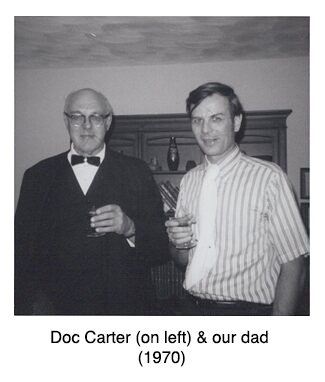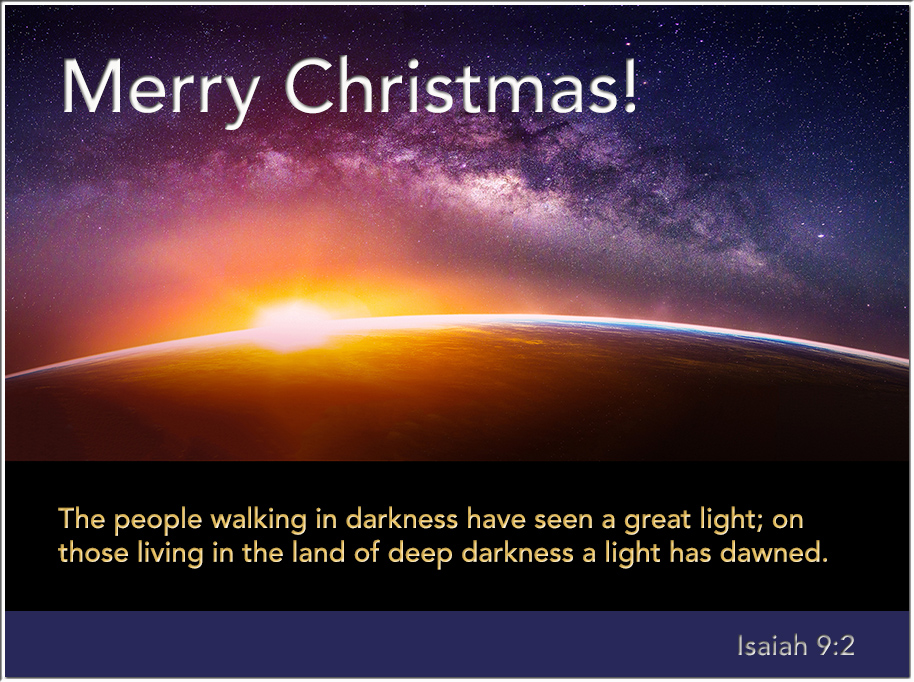40 Fingers: Message in a Bottle — from theawesomer.com
Also see:
40 Fingers: Message in a Bottle — from theawesomer.com
Also see:
SF Conservatory of Music Uses Networked Audio to Overcome Pandemic Challenges — from avnetwork.com
Excerpt:
To unite the musicians virtually, the school installed a Dante network that runs throughout the facility, into classrooms, offices, practice rooms, and studio spaces, with Focusrite RedNet X2P 2×2 Dante audio interfaces serving as the system’s endpoints. The network was designed and installed by Emeryville, CA-based integration firm Advanced Systems Group (ASG).
Then, it occurred to O’Connell that a Dante network would solve the connectivity challenge, and a call to Groh brought the Focusrite RedNet X2P audio interfaces into the picture. Two RedNet X2P units arrived and were set up on the school’s VLAN as a proof of concept.
A PERFECT DAY (1909)
Words and Music by Carrie Jacobs-Bond (1862-1946)
When you come to the end of a perfect day,
And you sit alone with your thought,
While the chimes ring out with a carol gay,
For the joy that the day has brought,
Do you think what the end of a perfect day
Can mean to tired heart,
When the sun goes down with a flaming ray,
And the dear hearts have to part?
Well, this is the end of a perfect day,
Near the end of a journey, too,
But it leaves a thought that is big and strong,
With a wish that is kind and true.
For mem’ry has painted this perfect day
With colors that never fade,
And we find at the end of a perfect day,
The soul of a friend we’ve made.
From DSC:
Here’s our dad’s version of it…which is nicely accompanied by our mom.

Hear a Harlem Choir Rejoice Again — from nytimes.com by Tariro Mzezewa
This article features music. For the best experience, turn your sound on.
Musical Mentors Collaborative Announces Requiem-20
The resulting compendium is a tribute to the pandemic world we live in today
Philadelphia, PA — January 19, 2021 — Musical Mentors Collaborative (“MMC”), which provides free private music instruction and instruments to students who would not otherwise have access, presents Requiem-20, a collaborative, multimedia, multi-genre reflection on the ineffable loss of life in 2020 due to the Coronavirus pandemic. Featuring music by young but brilliant early-career composers, this project offered these artists a chance to help culture make meaning in a time of seeming creative impossibility. Produced in cooperation with Musical Mentors Collaborative and performed by MMC’s Teaching Fellows, this project represents a coalescence, a meeting place for creative artists to express and process the difficulties of this time.
“With the looming loss of millions of lives to Coronavirus, 11 composers and 23 artists have come together to form a musical collaborative work called, Requiem-20, a modern day Requiem in response to Covid-19. During this pandemic and with the lack of so many live performances, composers, especially young composers are feeling that their musical voices are not able to be displayed as normal and are looking for ways to stay connected and be relevant to the world right now.
This is their musical reaction to all the loss that is experienced during this time. A requiem not just for the loss of so many lives, but also for the loss of everyday life as we knew it, the loss of so many things that we had, the loss of getting to do things we love and see the people we love, the loss of so many jobs and livelihoods, the loss of so much continues and is expressed here in this montage and continuous melange of 11 short expressions that is interwoven to formulate Requiem-20,” says Says Daniel Matsukawa, principal bassoon of the Philadelphia Orchestra, professor at the Curtis Institute of Music, and the creator of this project.
Given the continuing loss of so many musicians’ jobs and livelihoods, we hope that the feelings and stories conveyed through Requiem-20 give you faith that artistic expression lives on as robustly as ever. We also hope that this project may prompt other musicians to compose and add to the concept, thus creating their own musical tribute in response to the current pandemic-filled world.
“Musical Mentors Collaborative encourages creativity through connection, and employs the ingenuity of economically displaced musicians to create connections in communities with the least access to music’s undisputed benefits. This project furthers our mission of connecting artists and young people with this crucial resource in this troubled time,” said Teddy Poll, Artistic and Educational Director of MMC. “We are excited to share Requiem-20 and for the public.”
Requiem-20, as well as more detailed information about the piece, can be seen/heard here: www.requiem-20.com.

28 Simeon took him in his arms and praised God, saying:
29 “Sovereign Lord, as you have promised,
you may now dismiss[a] your servant in peace.
30 For my eyes have seen your salvation,
31 which you have prepared in the sight of all nations:
32 a light for revelation to the Gentiles,
and the glory of your people Israel.”